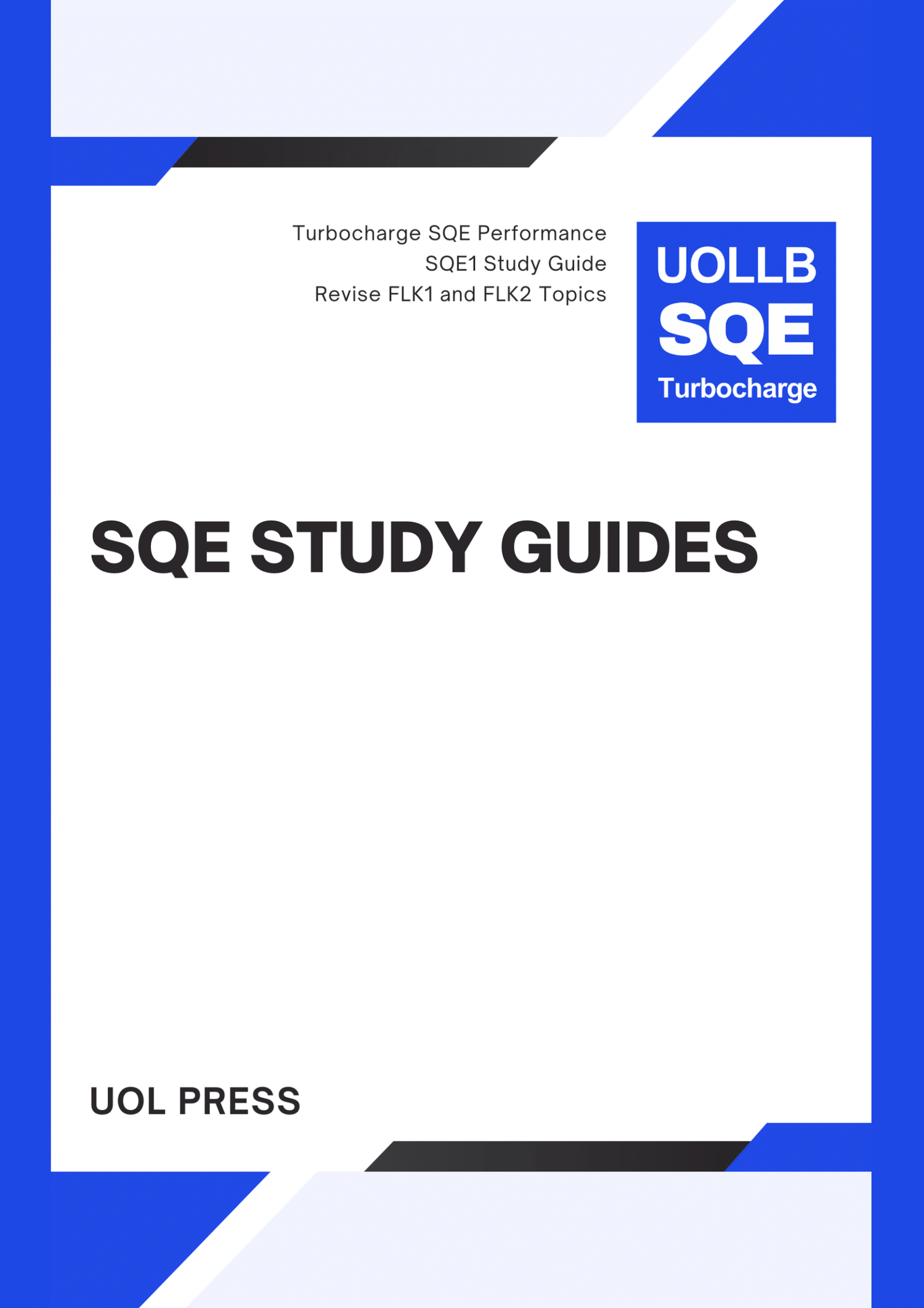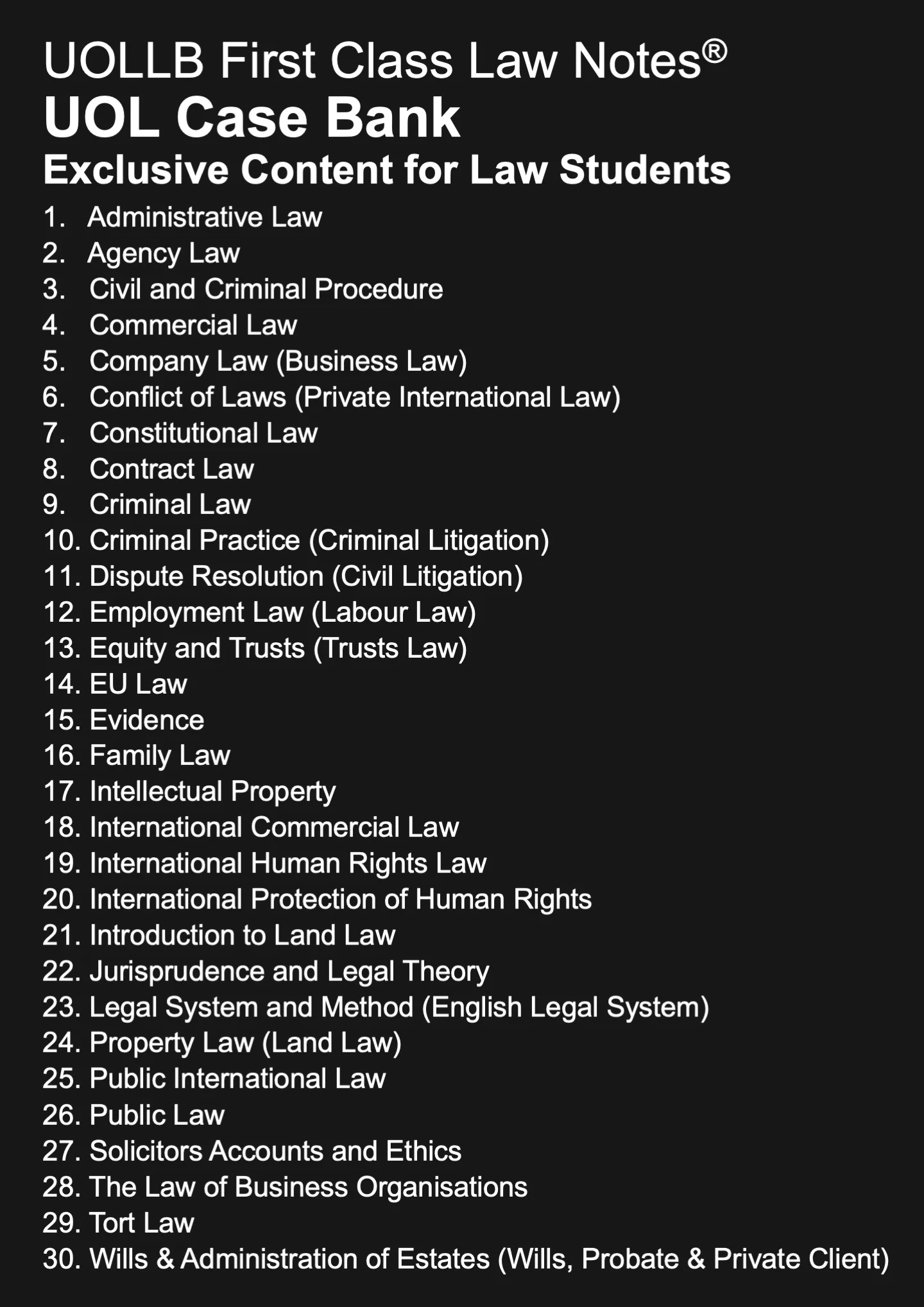What Interests Purchaser of Absolute Registered Title Is Subject to?
Share
When a purchaser acquires an absolute registered title to a property in England and Wales, they will typically take subject to certain interests that may affect the property. These interests are known as overriding interests and are listed in Schedule 1 of the Land Registration Act 2002. Here are some common examples of overriding interests:
Interests protected by actual occupation: If a person is in actual occupation of the property at the time of the purchaser's acquisition and their interest is not otherwise protected by a notice or restriction on the title register, their rights and interests will continue to bind the purchaser. This includes both legal and equitable interests, such as a tenant in possession, a co-owner who occupies the property, or someone with a right of way across the land.
Interests protected by notice: If a notice has been properly entered on the title register, the purchaser will take subject to that interest. Notices can be registered to protect various rights and interests, such as a lease, an equitable interest, or a right of way. The notice serves as a warning to anyone dealing with the property that a particular interest or claim exists.
Interests protected by restriction: Similarly, if a restriction is registered on the title, the purchaser will be subject to any restrictions specified in the entry. Restrictions typically involve requirements for consent or additional steps to be taken before certain actions can be carried out, such as selling or mortgaging the property.
Overriding easements: Some easements, such as rights of way or rights to access services, may not be specifically registered on the title but can still bind the purchaser if they exist and are not expressly excluded by the title documents.
It is important to note that these overriding interests will bind a purchaser regardless of whether they were aware of them at the time of acquisition. However, there are certain circumstances where overriding interests can be defeated, such as if the purchaser acquires the property for valuable consideration and is not aware (or should not reasonably be aware) of the interest at the time of acquisition.
When purchasing a property, it is crucial to conduct appropriate due diligence, including searches and inquiries, to identify any potential overriding interests or other matters that may affect the property. Consulting with a legal professional or conveyancer can help ensure that the purchaser understands the implications of these interests and any associated rights or obligations.
Interests protected by actual occupation: If a person is in actual occupation of the property at the time of the purchaser's acquisition and their interest is not otherwise protected by a notice or restriction on the title register, their rights and interests will continue to bind the purchaser. This includes both legal and equitable interests, such as a tenant in possession, a co-owner who occupies the property, or someone with a right of way across the land.
Interests protected by notice: If a notice has been properly entered on the title register, the purchaser will take subject to that interest. Notices can be registered to protect various rights and interests, such as a lease, an equitable interest, or a right of way. The notice serves as a warning to anyone dealing with the property that a particular interest or claim exists.
Interests protected by restriction: Similarly, if a restriction is registered on the title, the purchaser will be subject to any restrictions specified in the entry. Restrictions typically involve requirements for consent or additional steps to be taken before certain actions can be carried out, such as selling or mortgaging the property.
Overriding easements: Some easements, such as rights of way or rights to access services, may not be specifically registered on the title but can still bind the purchaser if they exist and are not expressly excluded by the title documents.
It is important to note that these overriding interests will bind a purchaser regardless of whether they were aware of them at the time of acquisition. However, there are certain circumstances where overriding interests can be defeated, such as if the purchaser acquires the property for valuable consideration and is not aware (or should not reasonably be aware) of the interest at the time of acquisition.
When purchasing a property, it is crucial to conduct appropriate due diligence, including searches and inquiries, to identify any potential overriding interests or other matters that may affect the property. Consulting with a legal professional or conveyancer can help ensure that the purchaser understands the implications of these interests and any associated rights or obligations.























































